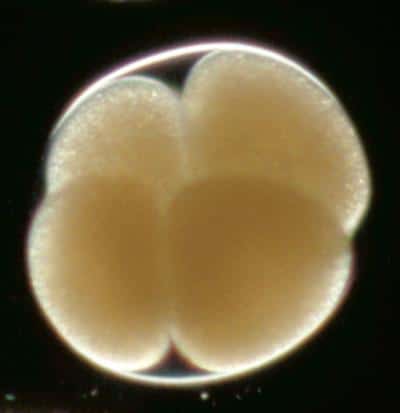For couples trying to conceive using the in-vitro fertilization technique, a new study suggests that using frozen embryos rather than fresh embryos increased the probability of having a healthier pregnancy and welcoming a baby.
Scientists of the University of Aberdeen including Dr. Abha Maheshwari, studied the data gathered from 11 international studies including 37,000 IVF pregnancies. They studied both the pregnancy cases where fresh embryos were implanted into the mother’s womb and those where the embryos were frozen.
The researchers found that using stored embryos reduced the risk of bleeding during pregnancy, premature birth, and giving birth to an underweight baby by a third. The risk of the baby passing away closer to the end of the pregnancy was also reduced by one-fifth.
Usually, during an IVF treatment, the best quality embryo is chosen for fresh transfer and the other good quality embryos are frozen. However, if the new research findings are true, it might be better to freeze all embryos and then implant the best one after a waiting period.
Dr. Maheshwari says,
“We found pregnancies arising from the transfer of frozen-thawed embryos seem to have better outcomes both for mums and babies when compared to those after fresh embryo transfer. If pregnancy rates are equal and outcome in pregnancies are better, our results question whether one should consider freezing all embryos and transfer them at a later date rather than transferring fresh embryos.”
“This represents a major paradigm change in assisted reproduction and one which could satisfy the twin demands of optimizing safety and success.”
The findings were presented at the British Science Festival which opened yesterday at the University of Aberdeen.
The experts believe that the increased success rate of frozen embryos could be because only the best-quality embryos might be surviving the freezing process. Another reason could be that the women who is undergoing the treatment is usually given fertility-boosting drugs and they are known to increase the risk of hyperstimulation.
When frozen embryos are given, the womb finds time to recover from the fertility drugs and is healthy enough to carry a successful pregnancy.







